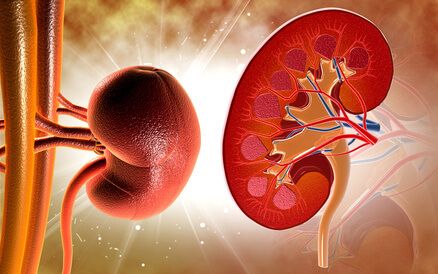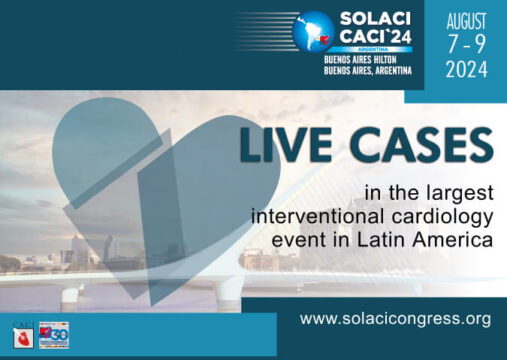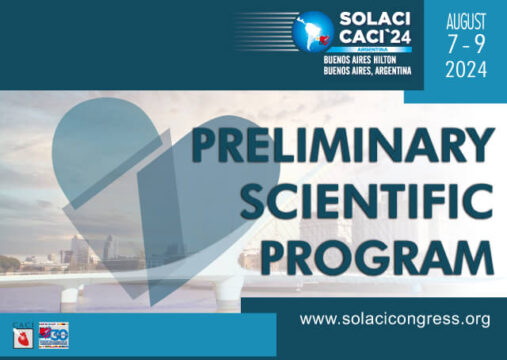A supplement (or anything, really) that might reduce simultaneously the risk of cardiovascular disease and of cancer would be truly revolutionary. This work, published in the New England Journal of Medicine (NEJM), sought to prove that vitamin D supplements might reduce the risk for both pathologies (the two most frequent diseases in the world). However, the incidence of cancer and cardiovascular disease with this therapy did not differ from their incidence with a placebo.

This placebo-controlled trial, with a two-by-two factorial design, randomized subjects to vitamin D (cholecalciferol) at a dose of 2000 IU per day and omega-3 fatty acids at a dose of 1 g per day, or a placebo, for the prevention of cancer and cardiovascular disease in men over 50 years of age and women over 55 years of age.
Primary endpoints were invasive cancer of any type and major cardiovascular events (a composite of infarction, stroke, and cardiovascular death). Secondary endpoints included type-specific cancers, death from cancer, and other cardiovascular events.
This article reports the results of vitamin D vs. placebo.
Read also: Dietary Supplements and Diets Show No Impact on Cardiovascular Risk.
In a total of 25,871 randomized participants, there was no reduction in the risk of either of the primary endpoints.
During a follow-up of 5.3 years, 1617 participants were diagnosed with cancer (793 in the vitamin D group and 824 in the placebo group). This difference is non-significant (hazard ratio [HR]: 0.96; 95% confidence interval [CI]: 0.88 to 1.06; p = 0.47).
Major cardiovascular events occurred in 805 participants (396 in the vitamin D group and 409 in the placebo group). This difference is also non-significant (HR: 0.97; 95% CI: 0.85 to 1.12; p = 0.69).
Read also: Cardiovascular Risk, Dual Antiplatelet Therapy, and Age. What Should We Know?
Results for the secondary endpoints were non-significant either for breast cancer, prostate cancer, colorectal cancer, and the expanded cardiovascular endpoint that included coronary revascularization.
While there were no benefits, no increased risks of hypercalcemia or other adverse events were identified either.
Conclusion
Vitamin D supplements did not result in a lower incidence of cancer or cardiovascular disease compared with placebo.
Original title: Vitamin D Supplements and Prevention of Cancer and Cardiovascular Disease. The VITAL Research Group.
Reference: JoAnn E. Manson et al. N Engl J Med 380 (1), 33-44 2019 Jan 3.
Subscribe to our weekly newsletter
Get the latest scientific articles on interventional cardiology
We are interested in your opinion. Please, leave your comments, thoughts, questions, etc., below. They will be most welcome.





